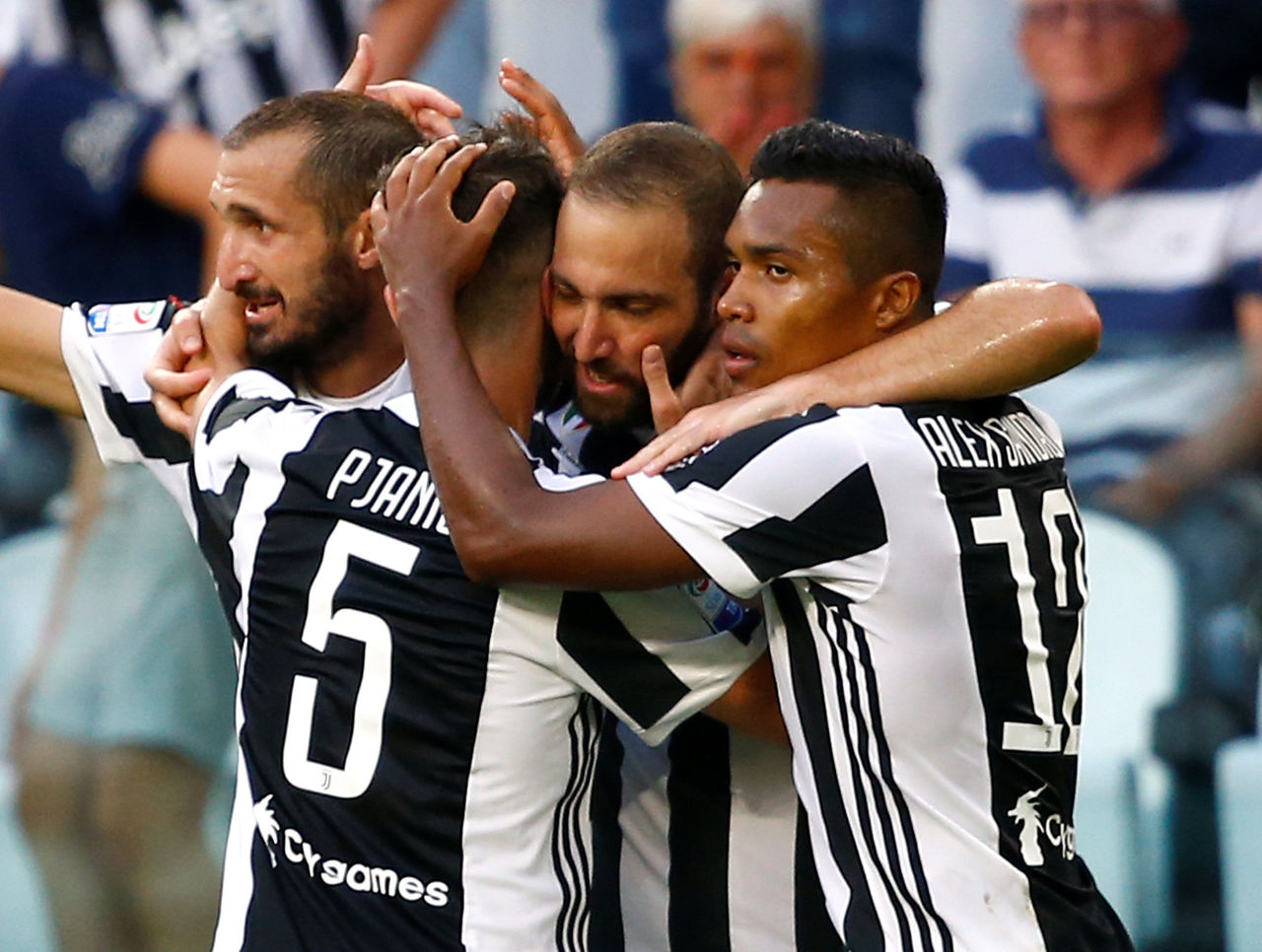In the intricate world of top-tier football, clubs often find themselves navigating a labyrinth of financial constraints, player movements, and internal restructuring. For Juventus, a club steeped in tradition and ambition, these challenges are particularly pronounced. Recently, Giovanni Cobolli Gigli, a former president of the venerable Turin outfit, offered a candid and insightful perspective on the club`s current predicament, dissecting the complexities surrounding player transfers and the evolving management hierarchy.
The Vlahovic Variable: A Linchpin in the Transfer Market
At the heart of Juventus`s current transfer market strategy, or indeed, its stagnation, lies the future of striker Dusan Vlahovic. According to Cobolli Gigli, the resolution of Vlahovic`s situation is not merely a single transaction, but a crucial domino that must fall before any significant market activity can commence. «Until they resolve the Vlahovic issue, they cannot complete other operations,» Cobolli Gigli asserted, highlighting a common, yet often frustrating, reality in football economics: a major outgoing transfer often funds subsequent acquisitions.
This dependency creates a bottleneck, leaving fans, and indeed, coaching staff, in a state of anticipatory limbo. The former president acknowledged the impatience among supporters who yearn for impactful new signings, but tempered expectations by underscoring the inherent complexities of such high-stakes negotiations. The protracted nature of such deals is, in his view, an unfortunate but unavoidable aspect of the business.
Balancing the Books: Past Investments and Present Constraints
Juventus`s financial landscape adds another layer of complexity. Having committed a substantial €150 million in the previous year, the club is now in a phase of fiscal recalibration, necessitating a strategic recovery of those funds. This imperative directly influences player recruitment and retention policies. Cobolli Gigli noted a «long list of players who must be sold,» indicating a clear directive from the club`s upper echelons to streamline the squad and generate revenue.
A particular point of concern for the former president was the club`s approach to its youth academy products. Once a revered pathway for homegrown talent, the current climate appears to view young players less as future club mainstays and more as commodities for exchange or sale. The cases of Mbangula and Miretti, promising talents seemingly sidelined or moved on, exemplify a shift that, for traditionalists like Cobolli Gigli, represents a departure from the club`s historical emphasis on nurturing its own.
The Management Maze: Too Many Cooks in the Kitchen?
Perhaps the most pointed criticism leveled by Cobolli Gigli concerns the structure of Juventus`s new management. His observations paint a picture of a hierarchy with «too many levels of command,» leading to a potentially cumbersome decision-making process. He detailed a setup involving a general director, supported by a sports director (yet to be appointed), and a technical director. This multi-layered approach, while perhaps intended to distribute responsibility, appears to Cobolli Gigli as excessively bureaucratic.
A particularly sensitive point was the perceived role of club legend Giorgio Chiellini within this new framework. Despite his «great capabilities» and unparalleled understanding of both football and Juventus, Chiellini seems to be in a «difficult position.» The implication is that crucial decisions might be made by individuals less intimately familiar with the club`s unique ethos and needs. «It seems that a group of people who know nothing about Juve must make the decisions,» Cobolli Gigli remarked, with a touch of dry irony that underscores his bewilderment. He wistfully recalled the era of the legendary Giampiero Boniperti, who, with a team of just eight, managed to fulfill roles now distributed among several distinct directorates. One might suggest a simpler structure could expedite decisions, as history often demonstrates efficiency in clarity.
A Glimmer of Pragmatic Hope: Backing the Coach
Amidst the critical assessment, there was a notable endorsement for the current coaching situation. While acknowledging the potential for missteps, Cobolli Gigli expressed support for the current coach, noting his deep familiarity with Juventus. The coach`s «simple and clear game plan» and commitment to securing a top-four finish in Serie A, alongside a strong showing in the new Club World Cup, were cited as positives. This offers a pragmatic counterbalance to the broader concerns, suggesting that at least on the pitch, there`s a clear direction, even if the strategic apparatus behind it appears overly intricate.
Navigating Turbulent Waters
Cobolli Gigli`s insights offer a valuable, albeit critical, window into the inner workings of one of Europe`s most storied football clubs. Juventus finds itself in a period of significant recalibration, attempting to balance financial prudence with on-field ambition. The challenges are clear: resolving key player futures, efficiently managing resources, and perhaps most crucially, ensuring that the club`s leadership structure is both effective and deeply aligned with its identity. The path forward demands not just strategic acumen but also a delicate understanding of what makes Juventus, Juventus.

